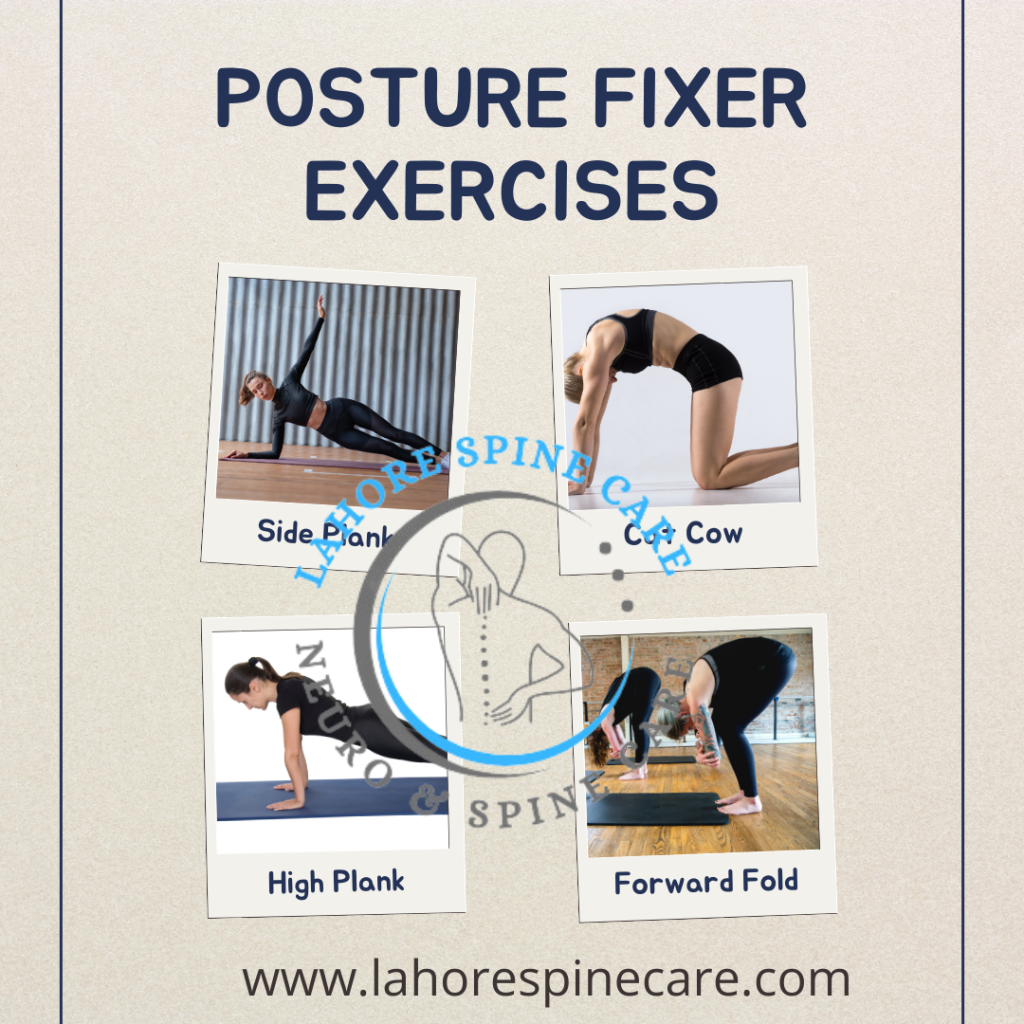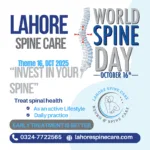The Importance of Spine Care: Your Guide to a Healthier Back
The spine, often referred to as the backbone of the body, is a complex structure made up of bones, muscles, nerves, and connective tissues. It plays a crucial role in supporting the body, protecting the spinal cord, and enabling movement and flexibility. Given its significance, spine care is essential for maintaining overall health and well-being. In this blog, we will explore why spine care is important, common spine issues, and practical tips for maintaining a healthy spine.
Why Spine Care Matters
- Support and Structure
The spine provides structural support, allowing us to stand upright and maintain balance. It also supports the head, enabling a range of head movements and actions. Without proper spine care, this support system can weaken, leading to instability and discomfort. - Protection of the Spinal Cord
The spinal cord, a critical part of the central nervous system, runs through the vertebrae. It transmits nerve signals between the brain and the rest of the body, facilitating movement and sensation. Any damage to the spinal cord can result in severe consequences, including paralysis or loss of sensation. - Mobility and Flexibility
The spine’s intricate design allows for flexibility and a wide range of movements, from bending and twisting to rotating. Proper spine care ensures that these movements are smooth and pain-free, enhancing our ability to perform daily activities and enjoy life. - Pain Prevention and Management
Back pain is one of the most common health complaints, affecting millions of people worldwide. Chronic back pain can significantly impact quality of life, leading to limitations in daily activities and a decrease in productivity. Effective spine care can help prevent and manage pain, improving overall well-being.

Common Spine Issues
- Herniated Discs
A herniated disc occurs when the soft inner gel of a spinal disc pushes through its tough outer layer, potentially pressing on nerves and causing pain, numbness, or weakness. - Osteoarthritis
This degenerative joint disease affects the spine’s facet joints, leading to pain, stiffness, and reduced mobility. It is commonly associated with aging. - Sciatica
Sciatica refers to pain that radiates along the path of the sciatic nerve, usually from the lower back down to the legs. It is often caused by a herniated disc or spinal stenosis. - Spinal Stenosis
This condition involves the narrowing of the spaces within the spine, which can put pressure on the spinal cord and nerves, leading to pain, numbness, and weakness. - Scoliosis
Scoliosis is an abnormal curvature of the spine, often diagnosed in childhood or adolescence. It can lead to pain and, in severe cases, complications with breathing and heart function.

Tips for Maintaining a Healthy Spine
- Practice Good Posture
Maintaining proper posture reduces stress on the spine. Sit and stand with your back straight, shoulders back, and feet flat on the floor. Avoid slouching and use ergonomic furniture to support your spine. - Stay Active
Regular physical activity strengthens the muscles that support the spine and improves flexibility. Incorporate activities like walking, swimming, or yoga into your routine. Avoid prolonged periods of sitting or standing. - Maintain a Healthy Weight
Excess weight puts additional strain on the spine, increasing the risk of back pain and spinal issues. A balanced diet and regular exercise can help maintain a healthy weight. - Use Proper Lifting Techniques
When lifting objects, use your legs, not your back. Bend at the knees, keep the object close to your body, and avoid twisting your spine. - Invest in Quality Sleep
A good mattress and pillow that support the natural curve of your spine are essential for restful sleep. Sleep on your back or side, avoiding positions that strain your back. - Seek Professional Care
Regular check-ups with a spine specialist or physiotherapist can help detect and address issues early. Physiotherapy, chiropractic care, and massage therapy can be effective in managing and preventing spine problems.


Conclusion
Spine care is a fundamental aspect of maintaining a healthy, active lifestyle. By understanding the importance of spine health and adopting preventive measures, you can reduce the risk of spine-related issues and enhance your overall quality of life. Whether through regular exercise, proper posture, or professional care, taking steps to protect your spine is a worthwhile investment in your future health.
If you have any concerns about your spine health or need personalized advice, consult with a qualified healthcare professional. Remember, a healthy spine is the foundation of a vibrant life!











